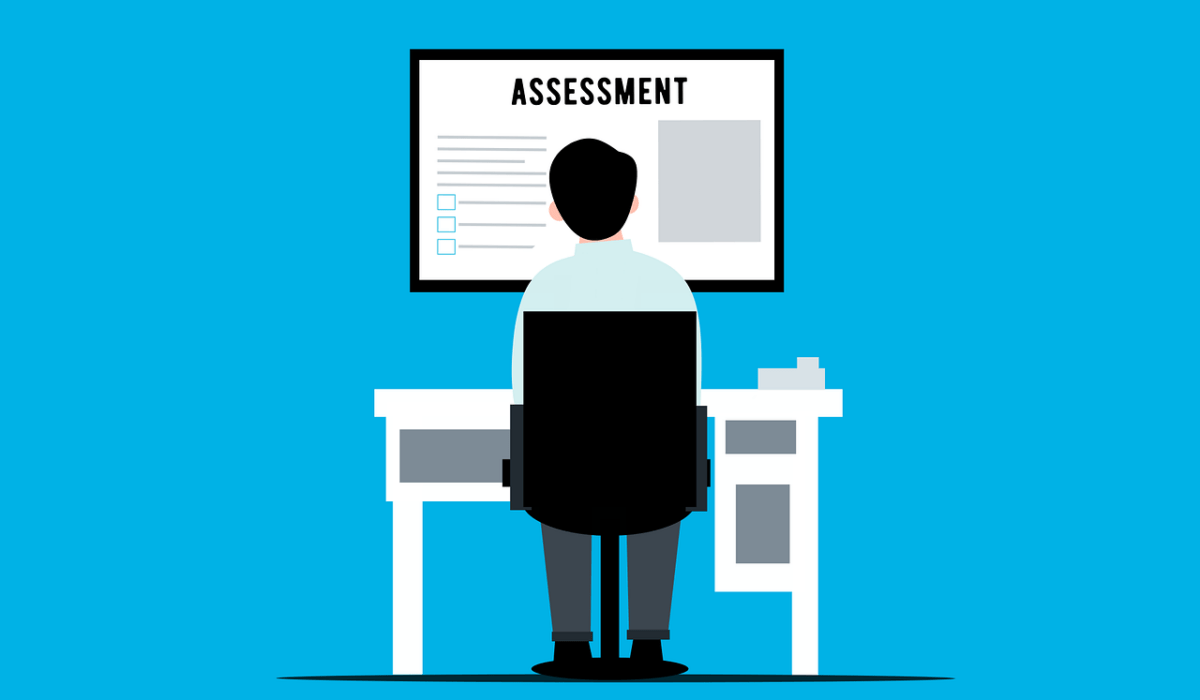
The Benefits of Comprehensive Assessment for ADHD Diagnosis
Attention Deficit Hyperactivity Disorder (ADHD): A Prevalent Concern
Attention Deficit Hyperactivity Disorder (ADHD) is a widely recognised neurodevelopmental condition characterised by persistent patterns of inattention, impulsivity, and hyperactivity that significantly impair functioning across multiple settings. With its prevalence among school-aged children, ADHD has become a topic of considerable interest for mental health professionals, educators, and parents alike.
In this article, we will delve into the intricate process of ADHD assessment, exploring the recommended practices, the challenges faced by psychologists, and the potential impact of inconsistent evaluation methods on diagnosis and treatment.
The Diagnostic and Statistical Manual of Mental Disorders (DSM) Criteria
The Diagnostic and Statistical Manual of Mental Disorders (DSM), published by the American Psychiatric Association, serves as the authoritative guide for mental health professionals in diagnosing ADHD and other psychological disorders. According to the latest edition, the DSM-5, a clinician must determine not only the presence of ADHD symptoms but also their severity relative to age-appropriate norms, their chronicity, their pervasiveness across multiple settings, the age of onset, and the degree of impairment resulting from these symptoms.
Best Practices in ADHD Assessment: A Multimodal Approach
Mental health experts, including psychologists, psychiatrists, and paediatricians, widely agree that the gold standard for assessing ADHD in children involves a comprehensive, multimodal approach. This best practice entails gathering information from multiple sources and employing various assessment methods, such as:
- Clinical interviews with parents, teachers, and the child
- Standardised behaviour rating scales completed by parents and teachers
- Review of school records and academic performance
- Direct observations of the child’s behaviour in structured and unstructured settings
By triangulating data from these diverse sources, clinicians can better understand the child’s symptoms, their pervasiveness, and their impact on daily functioning, enabling a more accurate and informed diagnosis.
The Challenges Faced by Psychologists
Despite the established guidelines for best practices in ADHD assessment, research has revealed a concerning disparity in the diagnostic methods employed by psychologists across different speciality areas and practice settings. Several factors contribute to this variability:
Adherence to DSM Criteria
While most psychologists report using the DSM criteria as a guideline, a significant proportion (nearly 40% in some studies) do not strictly adhere to these standardised diagnostic criteria. This flexible and idiosyncratic application of the DSM criteria can undermine the reliability and validity of the diagnostic process.
Use of Clinical Interviews and Behaviour Rating Scales
Clinical interviews with parents and children and standardised behaviour rating scales are essential components of a comprehensive ADHD evaluation. However, studies have shown that not all psychologists consistently incorporate these methods into their assessment protocols.
Observations in Natural Settings
Direct observations of the child’s behaviour in natural settings, such as the classroom or home environment, are crucial for understanding the pervasiveness and functional impact of ADHD symptoms. Nonetheless, access to these settings can be limited, particularly for psychologists working in outpatient clinics or private practices.
Training and Speciality Area
The variability in assessment practices may stem from differences in training and speciality areas among psychologists. Research suggests that counselling psychologists, for instance, may be less likely to employ standardised rating scales or adhere strictly to DSM criteria compared to clinical or school psychologists.
The Consequences of Inconsistent Assessment Practices
The failure to adhere to recommended best practices in ADHD assessment can have far-reaching implications for both over-diagnosis and under-diagnosis of the condition.
Over-Diagnosis
When evaluations rely solely on parent or teacher reports without considering multiple informants or direct observations, the prevalence rates of ADHD can be inflated. This can lead to unnecessary medication or interventions for children who may not meet the diagnostic criteria.
Under-Diagnosis
Conversely, if comprehensive evaluations are not conducted, children with genuine ADHD symptoms may go undiagnosed or misdiagnosed, potentially missing out on the support and interventions they require.
The Role of Psychologists in Promoting Best Practices
As mental health professionals trained in psychological assessment and diagnosis, psychologists play a pivotal role in promoting and adhering to best practices in ADHD evaluation. Several strategies can be implemented to enhance the consistency and accuracy of diagnostic practices:
Emphasis on Standardised Diagnostic Criteria
Training programs in clinical, counselling, and school psychology should emphasise the importance of using standardised diagnostic criteria, such as the DSM, when conducting ADHD evaluations. This will promote a shared understanding and consistent application of diagnostic criteria across speciality areas.
Multimodal Assessment Training
Psychologists should receive comprehensive training in conducting multimodal assessments, including clinical interviews, behaviour rating scales, direct observations, and integrating information from multiple sources. This will equip them with the necessary skills to adhere to best practices.
Collaboration and Information Sharing
Psychologists working in different settings (e.g., schools, outpatient clinics, private practices) should collaborate and share information to facilitate comprehensive evaluations. For instance, psychologists in outpatient settings could request information obtained through direct observations from school psychologists to enhance the ecological validity of their assessments.
Continuing Education and Professional Development
Psychologists should be provided with ongoing professional development opportunities, such as workshops, seminars, and case consultations, to reinforce best practices in ADHD assessment and stay updated with the latest research and guidelines.
Conclusion: Towards Accurate and Consistent Diagnosis
The assessment and diagnosis of ADHD in children is a complex process that requires a multifaceted approach and adherence to established best practices. By addressing the variability in assessment methods across psychology speciality areas and practice settings and by promoting the consistent use of standardised diagnostic criteria, clinical interviews, behaviour rating scales, and direct observations, psychologists can play a crucial role in ensuring accurate and reliable ADHD diagnoses.
Ultimately, implementing best practices in ADHD assessment will not only facilitate appropriate interventions and support for children with the disorder but also prevent the potential consequences of over- or under-diagnosis. By prioritising comprehensive and evidence-based evaluation methods, psychologists can contribute to improving the lives of children and families affected by ADHD.